While your home may seem like a haven, everyday household items that could seriously threaten your pet’s health are hiding everywhere. Learn about these common household hazards and potentially toxic items, so you can better protect your pet.
#1: Household plants
Many common household plants, such as lilies, philodendrons, dieffenbachia, and aloe vera, can be toxic to pets if ingested. Plant poisoning signs in pets can range from mild gastrointestinal (GI) upset to more severe reactions like breathing difficulties or organ failure. Research its toxicity level before bringing a plant home. As an extra precaution, strive to keep all vegetation out of reach of curious pets.
#2: Human medications
Pets metabolize drugs differently than people, so the medication you take for aches, pains, and GI upset can cause them serious adverse effects. Human medications, whether prescription products or over-the-counter (OTC) drugs, can be extremely harmful to pets if ingested. Always store medications securely out of your pet’s reach, and never medicate your pet without consulting your Homestead Animal Hospital veterinarian first.
#3: Cleaning products
Many household cleaning products contain chemicals that can be toxic to pets if ingested or inhaled. Bleach, ammonia, and certain disinfectants are particularly dangerous and can cause respiratory distress or chemical burns. When you clean your home, ensure you safely confine your pet in another area and that you store cleaning products securely after use.
#4: Toxic foods
While certain human foods are safe for pets, many others, such as chocolate, grapes, onions, garlic, and the sugar substitute xylitol, can be harmful or fatal to pets if ingested. Be mindful of what you feed your pet, and never leave potentially harmful foods in reach.
#5: String-like objects
String, yarn, ribbon, and other similar items may seem harmless playthings, especially for cats, but they can cause life-threatening GI blockages if ingested. And, while a fluffy kitten frolicking in a basket of yarn looks adorable, tangled strings can prove fatal if your pet is not supervised and rescued in time. Keep all string-like items safely stored away when not in use, and avoid giving your pet string, yarn, or ribbon as toys to prevent accidental ingestion.
#6: Small objects
Small objects like coins, buttons, and batteries can be a choking hazard or cause internal injuries if swallowed by pets. Keep small items out of your pet’s reach, and be vigilant about picking up dropped objects.
#7: Essential oils
Certain essential oils, such as tea tree, wintergreen, eucalyptus, and pennyroyal, can be highly toxic to pets if ingested, inhaled, or applied directly to the skin. Use caution with your pet and any essential oils, including those that are diluted or placed in a diffuser. Ideally, avoid their use entirely to keep your pet safe from potential poisoning.
#8: Household appliances
Appliances like washing machines, dryers, and dishwashers can be hazardous if pets crawl inside. Always check these appliances before use, and keep them closed or secured to prevent your pet’s access.
#9: Electrical cords
Pets, especially puppies and kittens, like to chew on electrical cords, which can lead to electric shocks, burns, or electrocution. Use cord protectors or deterrent sprays to keep pets away from these cords, and consider hiding them behind furniture or using cord management systems.
#10: Open windows and balconies
Open windows or balconies are a falling hazard for pets, particularly cats. Ensure that screens are securely in place and that windows are not left open wide enough for pets to escape or fall through.
#11: Open flames
Pets may accidentally knock over candles or flick items into open flames, causing burns or starting fires. Opt for flameless candles or keep pets away from open flames to prevent accidents.
#12: Sharp objects
Sharp objects like knives, scissors, needles, or broken glass can cause cuts, punctures, or internal injuries if ingested by pets. Keep these items securely stored in cabinets or drawers.
#13: Personal care products
Personal items, such as lotions, creams, perfumes, and hair products, can be toxic to pets if ingested. In addition, many such items, including toothpaste, chewable vitamins, and sunscreen, contain xylitol, a toxic sugar substitute that can be fatal for dogs. Store these items securely in cabinets or drawers, and be cautious when using them around your pets.
#14: Trash
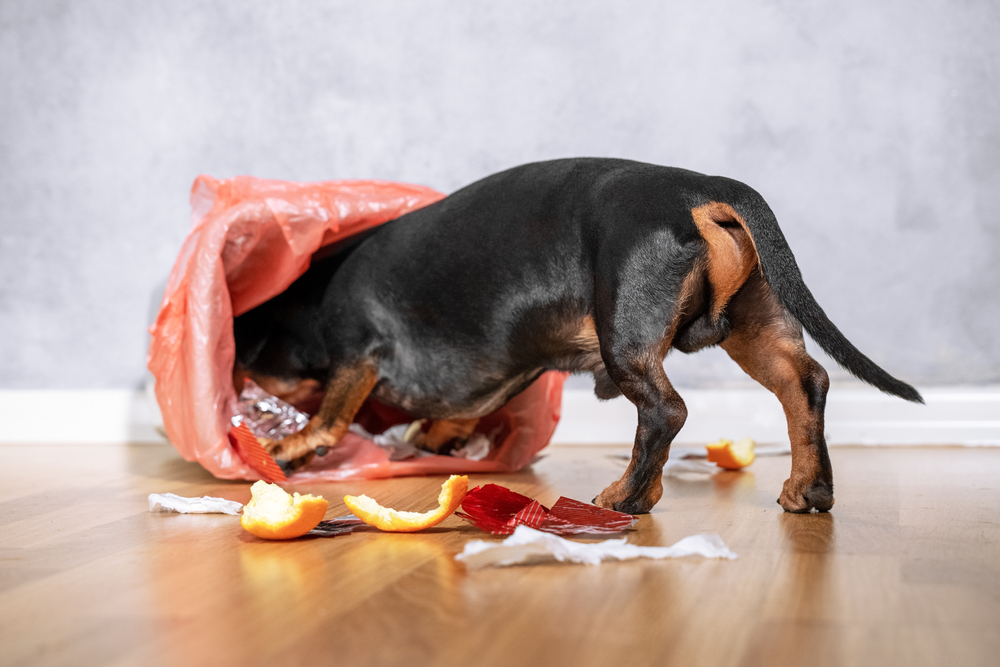
Items in the trash can be tempting for pets, but they often include spoiled food, sharp objects, or other hazards. Secure your trash cans with locking lids, and take out the trash frequently to remove temptation.
By being aware of the common dangerous household items and taking steps to mitigate these risks, you can help keep your pet happy, healthy, and out of harm’s way. Always consult your Homestead Animal Hospital veterinarian if you suspect your pet has ingested something harmful, and never hesitate to seek emergency veterinary care.


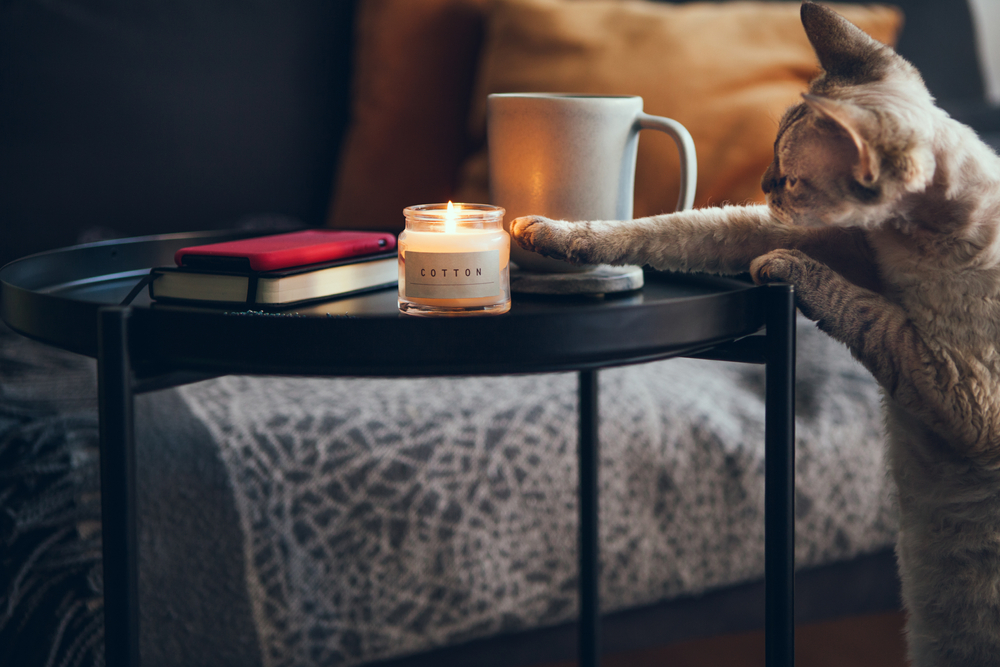
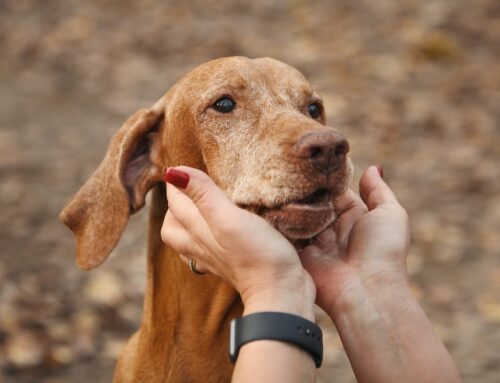
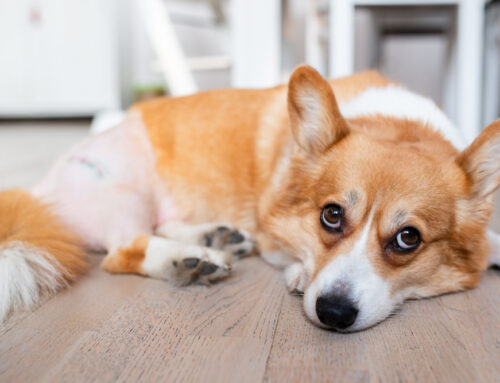
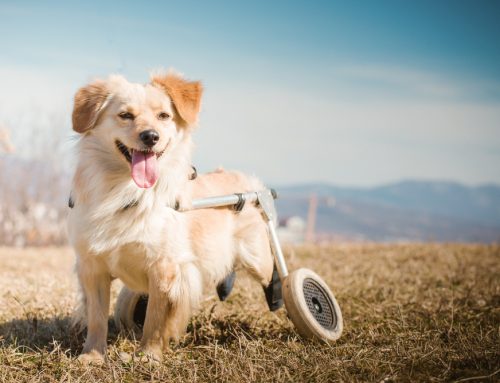
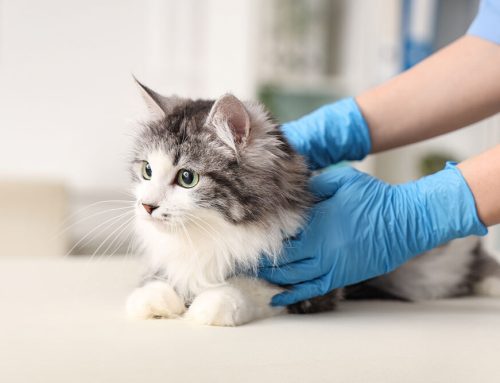









Leave A Comment